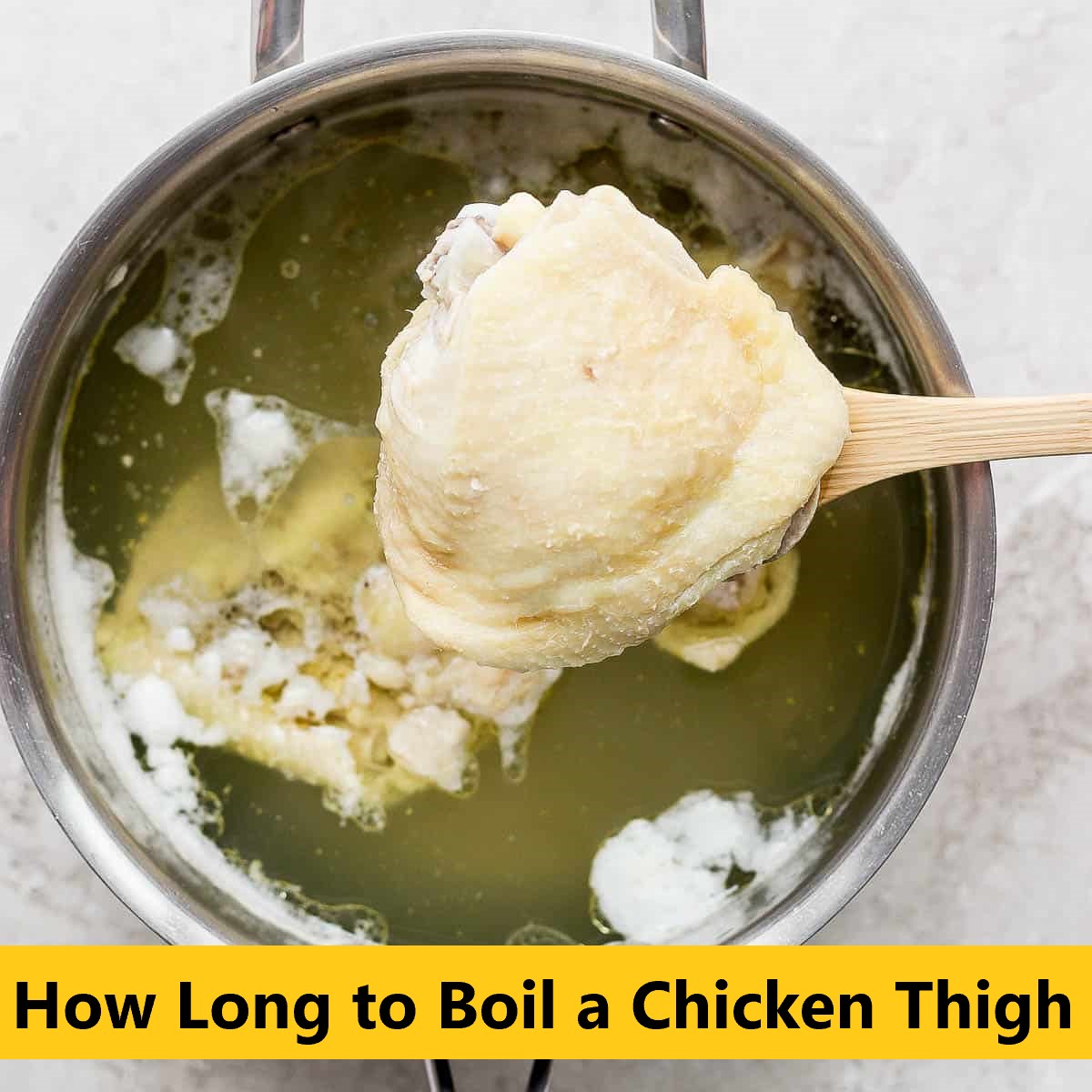Chicken feet are a natural treat that can help your dog’s joints and teeth. They come in various forms and offer health benefits. Let’s explore why chicken feet are gaining popularity and how they can benefit your furry friend.

Table of Contents
Types of Chicken Feet?
Chicken feet, often overlooked, are repurposed into dog treats. They can be purchased in different forms:
Raw Chicken Feet: Available fresh or frozen, these off-cuts need thorough cleaning before serving. Raw chicken feet provide a crunchy texture that dogs love.
Dehydrated Chicken Feet: These yellow, slightly shriveled treats have a long shelf life and are great for your dog’s dental health. The dehydration process removes moisture while retaining essential nutrients.
Puffed Chicken Feet: Air-dried and nutrient-rich, these white treats retain their shape and offer joint support. Puffed chicken feet are less dense and easier to chew, making them suitable for dogs of all sizes.
Benefits of Raw Chicken Feet for Dogs
Dental Health
Chewing chicken feet helps clean your dog’s teeth, acting like a natural toothbrush. The abrasive texture removes plaque and tartar buildup, promoting better oral hygiene.
Joint Health
Chicken feet contain glucosamine and chondroitin, essential for maintaining healthy joints. They’re especially beneficial for arthritic dogs or those with joint conditions like hip dysplasia. These compounds support cartilage health and reduce inflammation.
Nutrient Boost
Chicken feet are rich in protein, collagen, and essential minerals like calcium and phosphorus. Collagen supports skin, coat, and joint health, while calcium contributes to strong bones.
Safety Considerations
While chicken feet offer numerous benefits, consider the following:
Avoid for Puppies
Young puppies should steer clear of chicken feet due to their developing digestive systems. Wait until they’re older before introducing this treat.
Allergies
If your dog is allergic to chicken, skip this treat altogether. Monitor for any adverse reactions, such as itching or gastrointestinal upset.
Proper Preparation
Ensure chicken feet are properly cleaned and not cooked. Cooking them may cause splintering, posing a choking hazard. Always supervise your dog while they enjoy this treat.
Remember, moderation is key. Chicken feet can be a safe and nutritious addition to your dog’s diet. Consult your veterinarian to determine the appropriate portion size based on your dog’s size and individual needs. You might also like: Are Chicken Nuggets Gluten-Free?
FAQs about Chicken Feet
Are chicken feet a safe treat for dogs?
Yes, chicken feet can be a safe and enjoyable treat for dogs. They provide natural benefits, including dental health improvements and joint support.
What nutritional value do chicken feet offer for dogs?
Chicken feet are rich in glucosamine and chondroitin, supporting joint health in dogs. Additionally, they contain essential nutrients like protein and calcium, contributing to overall well-being.
Can chicken feet be a choking hazard for dogs?
Chicken feet are generally safe, but supervision is crucial. Monitor your dog while they enjoy this treat to prevent any potential choking hazards, especially for smaller breeds.
How should chicken feet be prepared for dogs?
When offering chicken feet to dogs, it’s best to serve them raw or dehydrated. Cooking may cause the bones to splinter, posing a risk. Always ensure the feet are sourced from reputable, quality suppliers.
Are there any dogs that should avoid chicken feet?
While chicken feet are generally safe, dogs with poultry allergies or sensitivities should avoid them. Introduce new treats gradually and observe for any adverse reactions.
How many chicken feet can dogs eat in a day?
Moderation is key. Depending on your dog’s size, one or two chicken feet per day is a suitable limit. Always consider your dog’s overall diet and adjust accordingly.
Can chicken feet help with dog dental health?
Yes, chewing on chicken feet can promote good dental hygiene by reducing plaque and tartar. The natural gnawing action helps keep your dog’s teeth and gums healthy.
Where can I find safe chicken feet for my dog?
Look for high-quality, reputable sources when purchasing chicken feet for your dog. Local pet stores, raw pet food suppliers, or specialty online retailers are good places to explore.
What precautions should be taken when introducing chicken feet to a dog’s diet?
Introduce chicken feet slowly and in small amounts. Monitor your dog for any digestive or allergic reactions. If in doubt, consult with your veterinarian before making significant changes to your dog’s diet.
Are there alternative treats for dogs if they can’t have chicken feet?
Certainly! Dogs can enjoy various treats, including dental chews, fresh vegetables, or specially formulated dog treats. Choose options that align with your dog’s dietary needs and preferences.
Can chicken feet be given to puppies?
In moderation, chicken feet can be a suitable treat for puppies. However, always consult with your veterinarian to ensure that treats fit well into your puppy’s overall diet and health plan.




